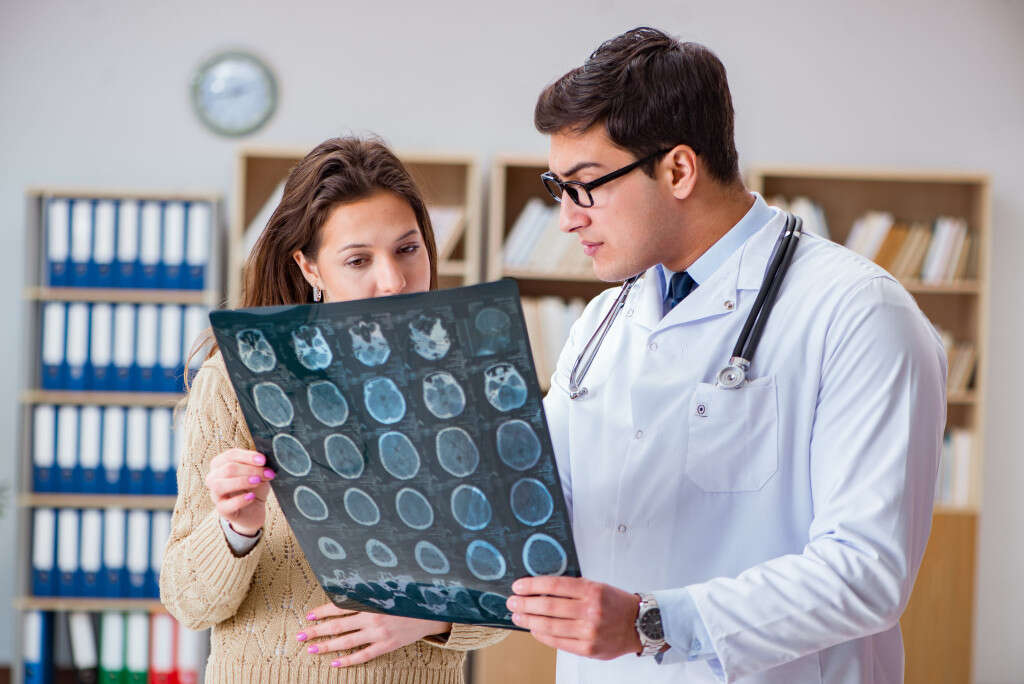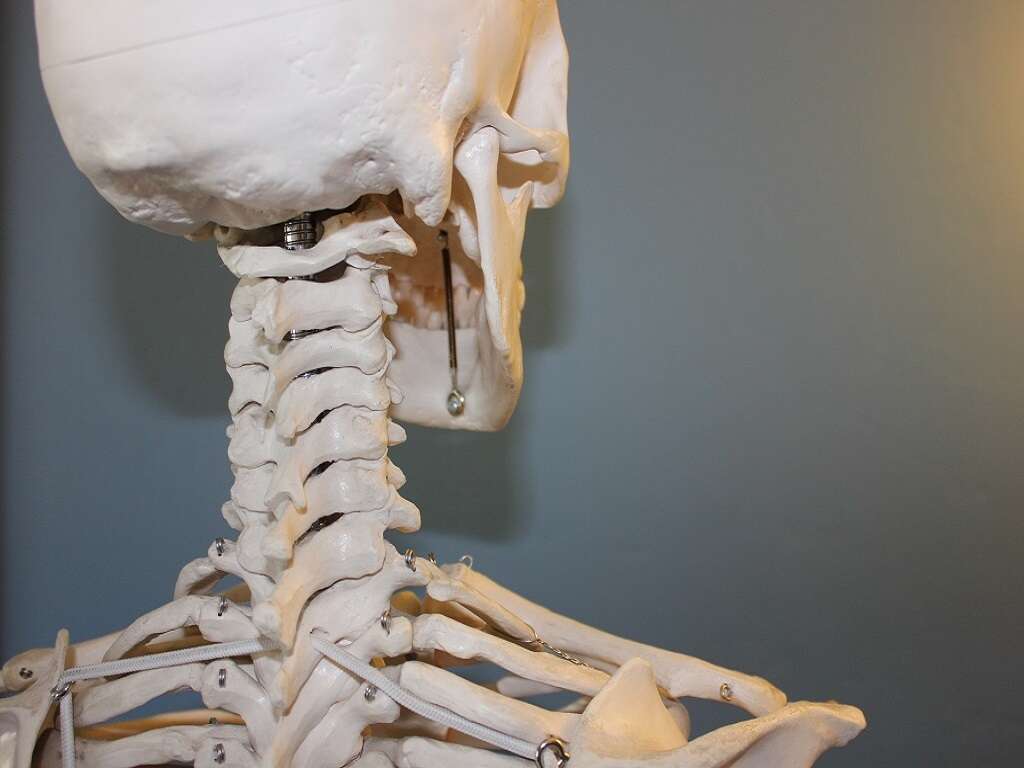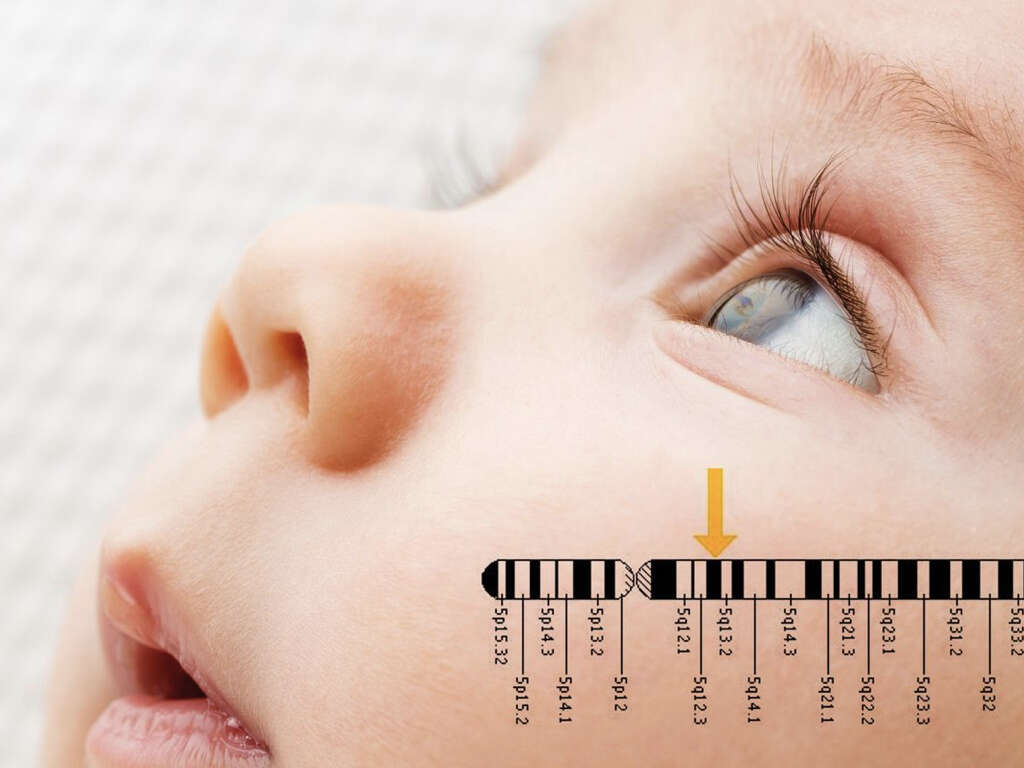10 Side Effects of Gabapentin
Epilepsy is a condition that is still not fully understood. We know it is caused by abnormal electrical impulses in the brain but the exact reason for it is still somewhat of a mystery. One of the main symptoms of epilepsy is seizures and they can be quite severe.
Gabapentin, also known as Neurontin, is a drug that is used to help prevent seizures in patients with severe epilepsy and it is also used to treat patients with other conditions that might cause seizures. While it is effective at the job it is intended for, it does come with some side effects. If the side effects do become severe enough then it might be necessary to treat them as a medical emergency.

Gabapentin Side Effect #1: Loss of Coordination
It’s actually quite impressive just how well we are able to coordinate the different muscles in our bodies. Something apparently simple as catching a ball requires a series of constant adjustments without us even having to think about it. It is something that we take for granted, and it can be very noticeable when the ability is affected.
A common symptom among people that take gabapentin is a loss of coordination. This can make even simple tasks such as getting dressed a lot harder than they usually are. It will often be only a mild effect, but can sometimes be severe to the point where the patient struggles to manage without help.

Gabapentin Side Effect #2: Drowsiness
It’s usually quite important that we are alert during the day. There will be numerous tasks that we need to work on and we need the energy and focus to be able to get them done. This is usually no problem thanks to energy from our food as well as various hormones and other compounds that keep us alert.
People that are taking gabapentin, however, are likely to find that they will become drowsy even during the daytime. They can find it difficult to find the energy or enthusiasm to get things done and will find it difficult to focus. People experiencing these symptoms should avoid driving and operating heavy machinery.

Gabapentin Side Effect #3: Speaking Difficulties
Our ability to speak allows us to communicate with each other in ways that no other animal can achieve. Speech itself is a complex process that involves numerous muscles and takes years to learn. Once fluent, it is something that we barely even think about, but even speech can become difficult again for some people.
One side effect of gabapentin is that the patient can find it difficult to speak clearly. This can be very frustrating for the patient as they are usually still just as lucid mentally as in the past. Patients complain that they can have difficulty finding words, while involuntary drooling can also affect their ability to speak.

Gabapentin Side Effect #4: Memory Loss
Memory is a very effective tool and something that is found throughout the animal kingdom. It helps animals find food and remember danger spots, while people can store complex memories such as language and even advanced mathematics. As impressive as our memories can be, things can start going quite wrong should we begin to lose our ability to remember things.
Memory loss can affect our day to day living and could potentially be dangerous to us. Many patients complain that they end up taking too much gabapentin because they forget that they have already taken some. Other memory lapses such as forgetting to turn off a stove can present a real threat to the patient and others around them.

Gabapentin Side Effect #5: Fever
A fever is a very natural response to an unwelcome intruder making its way into the body. While it may not be pleasant, we should still be grateful for them because they are an effective weapon in the fight against pathogens. Sometimes, the body can respond to various drugs by raising a fever as though the drug were also an unwanted intruder.
Fever is a fairly common side effect of gabapentin. The symptoms of fever can often be relieved with other remedies and medicines, but you should bear in mind that gabapentin can react adversely with some other drugs. You should check with your doctor first to be sure.

Gabapentin Side Effect #6: Erratic Eye Movements
Our eyes automatically adjust to their surroundings to maximize the amount of useful information we get from them. We focus automatically on objects we are looking at and the position of our eyes allows us to triangulate, meaning we can judge distances. Sometimes, though, the movement of our eyes can become quite erratic.
Some patients using gabapentin have complained that they are experiencing erratic eye movements. This can be quite alarming to people that know the patient, while some patients complain that the movements can be so severe that they need to close their eyes as it makes them feel unwell and disorientated.

Gabapentin Side Effect #7: Jerky Body Movements
Our muscles usually only move when we need them to move. This is often done subconsciously, although it can also be done consciously, and it helps us to remain in control of our movements overall. Sometimes, though, people might find that their muscles don’t move quite as smoothly as they want them to.
Gabapentin has a side-effect of causing jerky body movements. The patient can find it difficult to perform smooth actions with walking becoming difficult and even holding a drink can become a challenge. Depending on the severity of the symptoms, the patient might need help in performing certain tasks.

Gabapentin Side Effect #8: Viral Infections
Viruses are a constant threat. They are on the surfaces we touch, the food that we eat and even in the air that we breathe. Fortunately, we have strong lines of defense to protect us but should our defenses be affected, we can become more prone to developing infections.
People that are using gabapentin are more likely to develop viral infections than those that are not. While these infections should be treated, some drugs can react adversely with gabapentin so you should always check with a doctor first. Some patients can find that the frequency of infections can deter them from using the drug.

Gabapentin Side Effect #9: Nausea
If you have never experienced nausea then you are one of a very select few. It can be brought on by a huge range of causes and may be something as simple as an unpleasant odor, to something more concerning like a serious illness. It is an unpleasant sensation and can be quite debilitating.
Nausea is a common symptom among children that have been prescribed gabapentin. The nausea can often lead to vomiting which can also be problematic where nutrition is concerned. If the nausea is too much to bear and/or you are having difficulties keeping food down, you should arrange to speak with your doctor.

Gabapentin Side Effect #10: Swollen Feet and Legs
Our cardiovascular systems are a network of tubes, valves and organs that help keep nutrient-rich blood and other fluids flowing throughout the body. The whole body is served, including the extremities, and we rarely even realize that it is happening at all. It is important that the flow of blood and fluids moves freely, though, and problems might occur otherwise.
One problem that can arise from problems with the cardiovascular system is edema, which is the accumulations of fluids. These fluids tend to accumulate in the feet and lower legs under the force of gravity, causing swelling. Edema is a fairly common symptom among children that are using gabapentin.











